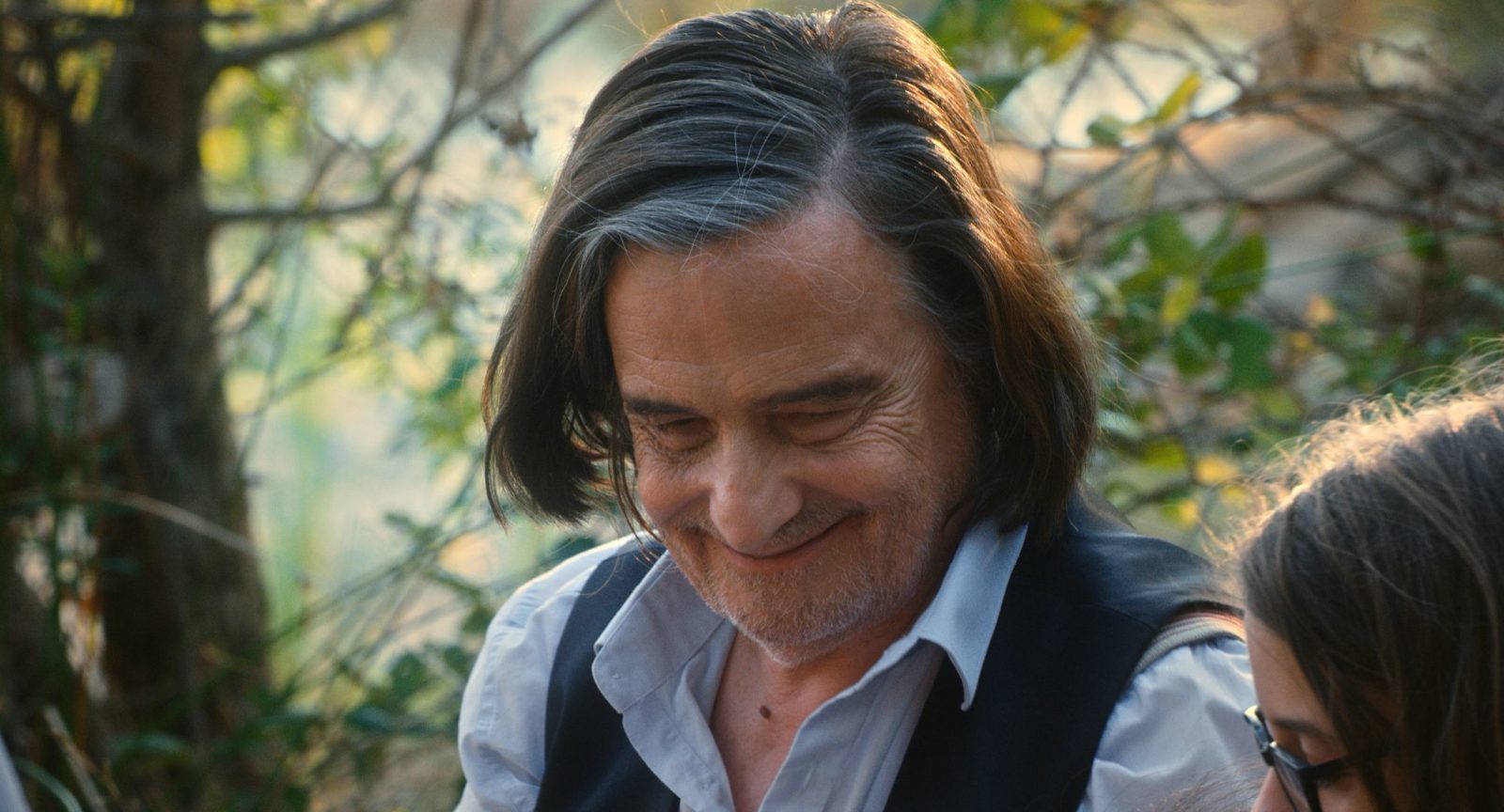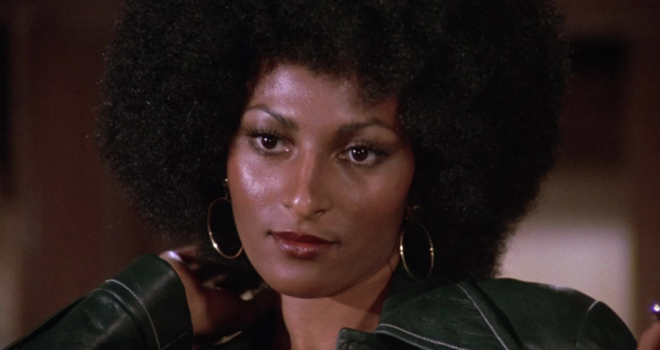One year after Albert Serra’s The Death of Louis XIV, Nobuhiro Suwa filmed Jean-Pierre Léaud playing another aging character, that of an actor whom death observes from an an ever-narrowing distance. Yet, Suwa’s film seems to take exactly the opposite path to the Spanish director’s film, expressing another desire to film an actor facing the same mirror of mortality. Whereas Serra showed a ravaged and weakened monarch, Suwa sets out to film the actor caught bewteen the broad daylight of life and a shadowy zone that is inexorably drawing nearer. And instead of fiction, what Jean-Pierre Léaud finds in the Jean he is playing is Léaud himself – for us who remember witnessing each of his appearances as being the infancy of the art. When children come knocking at his door, we no longer discern whether it is one of them or Léaud himself who is facing the ghost(s): that of a disturbing old man looking at childhood, whose loveliest and most rebellious image he had embodied better than anyone. Unless the contrary holds, only life that continues and the cinema’s luminous pleasure of setting out to conquer it. Suwa obviously knows that Jean-Pierre Léaud is the most moving incarnation of cinema. JB
Home > Films > The Lion Sleeps Tonight
The Lion Sleeps Tonight
(Le Lion est mort ce soir)
- Titre français
Le Lion est mort ce soir - Original title
Le Lion est mort ce soir - Titre international
The Lion Sleeps Tonight - Photo
Tom HARARI - Montage
Martial SALOMON - Assistant réalisateur
Inès DE LA BEVIÈRE - Son
Florent KLOCKENBRING, Emmanuel CROSET - Musique
Olivier MARGUERIT - Interprétation
Jean-Pierre LEAUD, Pauline ETIENNE, Isabelel WEINGARTEN, Louis-Do DE LENCQUESAING, Maud WYLER, Arthur HARARI - Directeur de production
Michiko YOSHITAKE, Jérôme DOPFFER - Directeur artistique
Thomas GRÉZAUD - Coproduction
Yuji SADAÏ - Support de projection
DCP - Ratio
1:85




